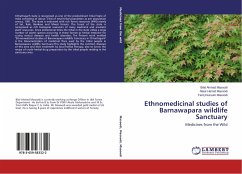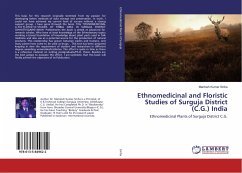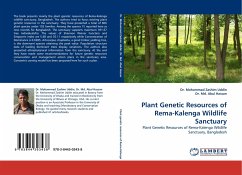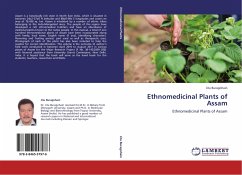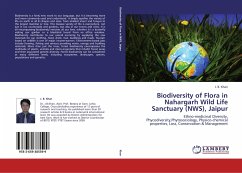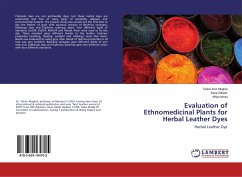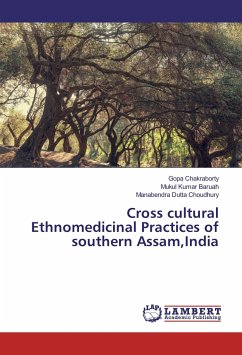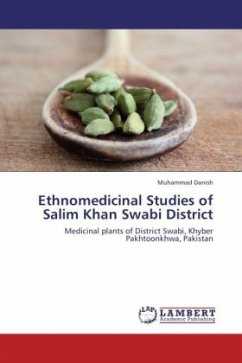Chhattisgarh state is recognized as one of the predominant tribal State of India consisting of about 1/3rd of total tribal population as per population census, 1991. The state is endowed with rich forest resources (44%) mainly of Sal, Teak, Bamboo and Mixed forests. The forest of the state is recognized as rich biological reservoirs of many medicinal and aromatic plant resources. Since immemorial times the tribal in the state utilize a large number of plants species occurring in these forests as herbal medicine for curing various diseases and health disorders. The Present work entitled "Ethnomedicinal studies of Barnawapara wildlife Sanctuary in Chhattisgarh" is the Documentation of medicinal flora used by the tribal people in Barnawapara wildlife Sanctuary.This study highlights the common diseases of this area and their treatment by local herbal therapy, also to know the recipe of crude herbal drug preparation by the tribal people residing in the sanctuary area.
Bitte wählen Sie Ihr Anliegen aus.
Rechnungen
Retourenschein anfordern
Bestellstatus
Storno

